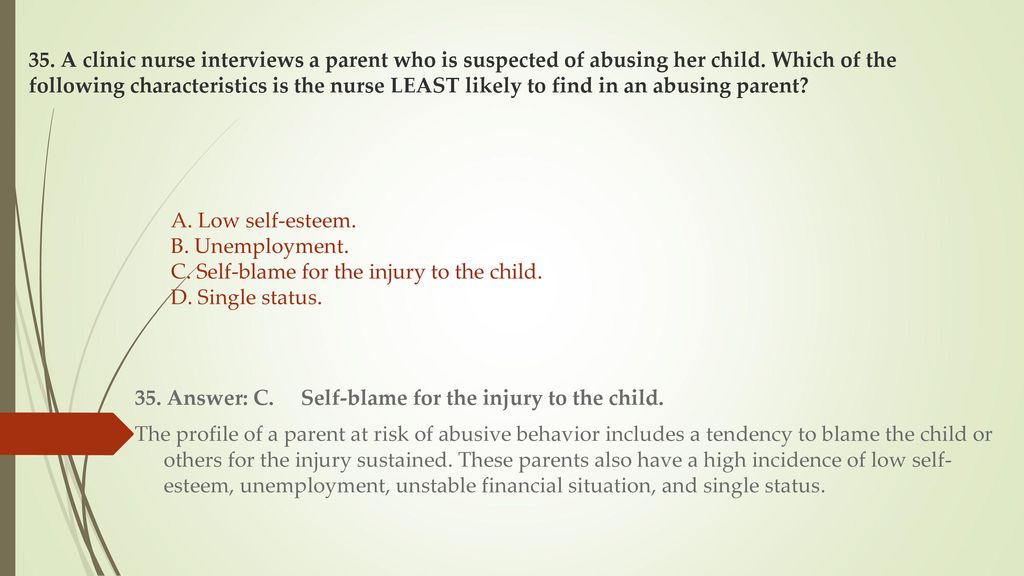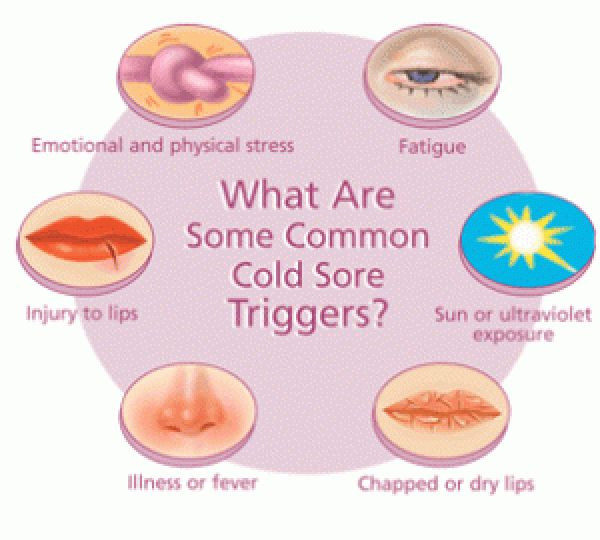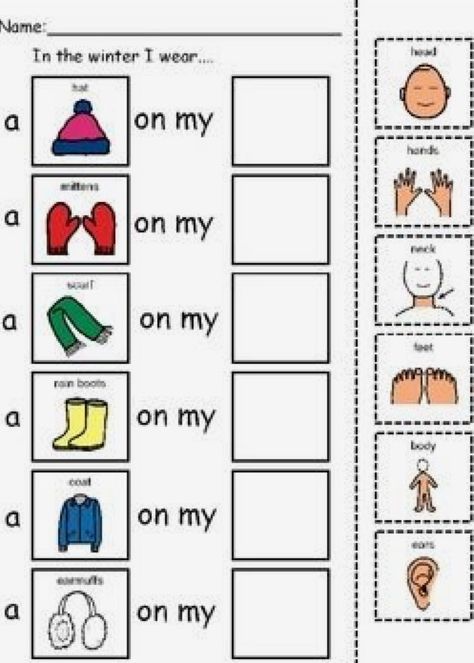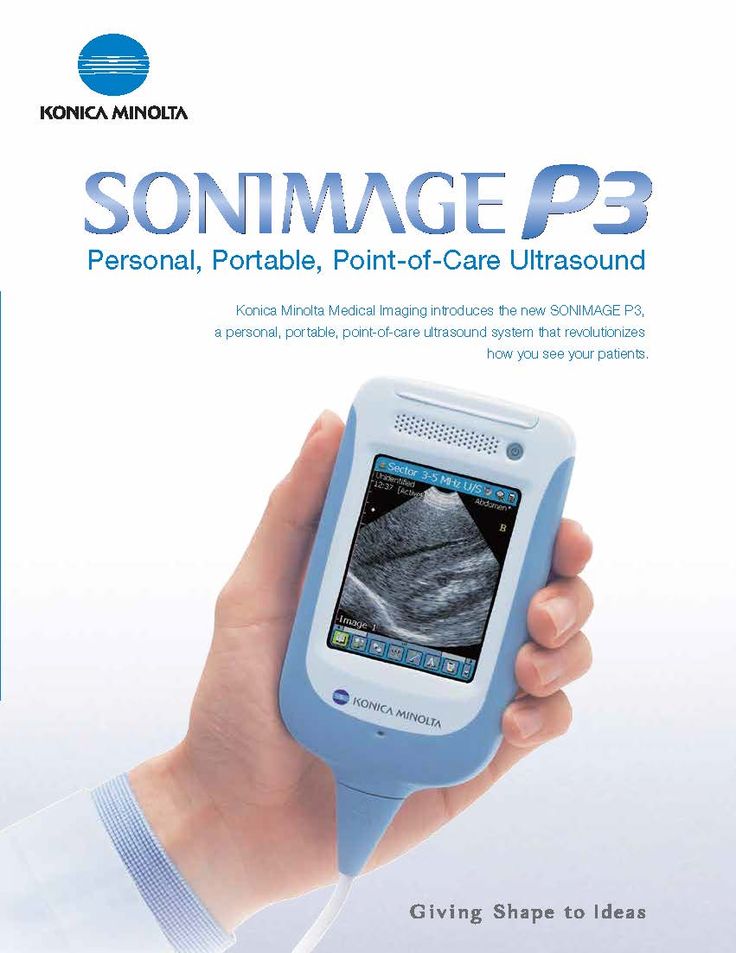How to make your child become a doctor
My child wants to be a doctor
As a family physician, guest lecturer at a local medical school, and creator of a pre-med curriculum for young learners, I’m often asked by parents how to support their child who wants to be a doctor.
The most important point to remember is that you don’t need to have any science background or be a professional of any sort to support your child. We all want to help our children follow their dreams! Most parents know as little about supporting a budding physician as I do about how to help my son, who wants to dance professionally. That’s OK! I do the same thing as you: I look for answers online. And I’m here to give you some ideas. If you know anything about dancing classical ballet professionally, you’re welcome to help me in return!
So here is the advice I give parents who want to do their best for their child who wants to be a doctor.
1. Ask your child why it sounds appealing and help them develop themselves in that direction. Is it because they want to help people? Be a leader? Be respected? Because they think the human body is really cool? Because they love figuring out science mysteries? These are all reasons I’ve heard kids give for why they want to be physicians… and they are also all reasons that many doctors enjoy being doctors.
Use that reason as a jumping-off point for your child’s personal growth. If they want to help people, what are ways they can start helping right now in your own community? If they love learning about the human body, give them plenty of opportunities to learn more. If they want to be a leader, what are some leadership roles they can take now? If you don’t have the time or access for any of these, look for organizations like scouts or online programs that can come alongside you.
2. Take your child’s interest seriously … but not too seriously. While many children say they want to be doctors, many will consider different professions before landing on something else. I didn’t, though. I decided I wanted to be a doctor when I was six and never lost sight of that goal. So try to find a middle ground of respecting their interest without locking them in.
I didn’t, though. I decided I wanted to be a doctor when I was six and never lost sight of that goal. So try to find a middle ground of respecting their interest without locking them in.
“Being a doctor is a great career choice and there are so many others, too! I believe in you and that you will have a career you love!” Be careful not to tell them why it’s a great/terrible career for them. Instead, help them learn more and then evaluate for themselves if it’s a good fit.
Remember that people change careers multiple times in their lives, so even if your child ultimately makes it into medicine, there’s a good chance that won’t be their only career. In fact, there’s a good chance that many of the careers our children will have someday don’t exist yet. Think of how many of today’s jobs are due entirely to evolving technologies and would have been science fiction when we were kids!
3. Stress the importance of being well-rounded. When I was in middle school, I read an article in which a medical school dean stated that she could make any good person into a good doctor, but she couldn’t make just any good student into a good doctor.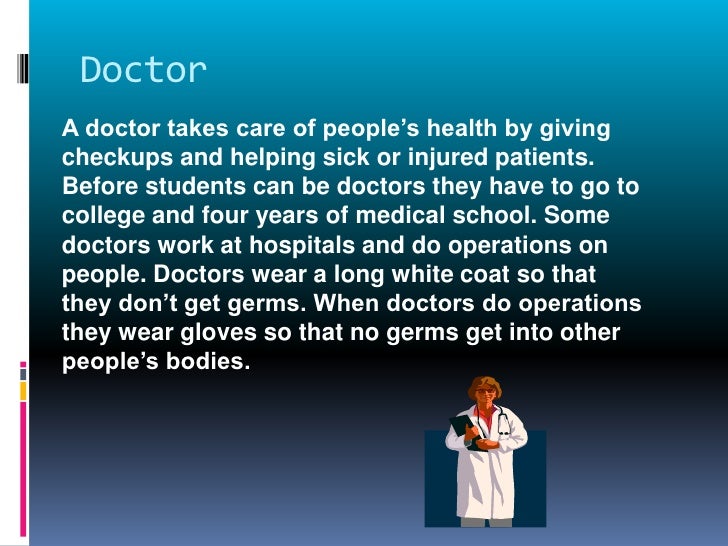 She went on to say that she wanted students who were well-rounded and interacted well with other people.
She went on to say that she wanted students who were well-rounded and interacted well with other people.
That stuck with me and I focused on developing into a good person, not just a good student. It paid off when I got into medical school on my first try as the youngest person in my class. My good grades and good test scores didn’t set me apart…it was my wide variety of interests outside of science and the stories I told during my interview, which demonstrated that I have an intense interest in the lives and well-being of other people.
4. Help your child learn more about medicine and being a doctor. Of course, shadowing a doctor is great, but many kids don’t grow up in professional families with connections that make that possible. So for the rest of us, there is a local library full of books. I’m pretty sure there wasn’t a single doctor living within a 5-mile radius of the neighborhood where I grew up. But I read biographies, essays, humor, anything I could find that gave me a taste of my chosen career.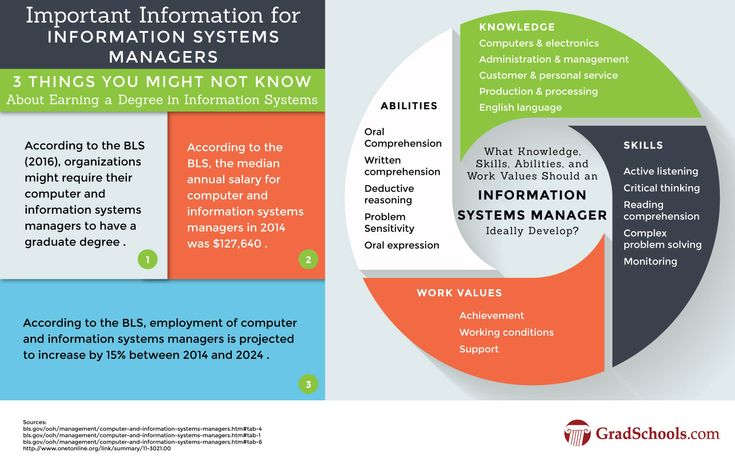
I now recommend that anyone interested in medicine read the biographies of many physicians to understand more about the career and what it takes to be a doctor, and what you give up. Documentaries can also be a great option. Nowadays, there are innumerable YouTube channels created by students, residents, and attendings that show so much more about real life than a professionally edited program. A favorite I often recommend for anyone from elementary age through college is ViolinMD. She shows a mix of the science, the camaraderie, and the typical day.
5. Give them a science framework. I’m a firm believer that just as young brains learn a second language more naturally, young brains are also primed to learn the language and patterns of science more easily.
Create a nature journal. Grow a garden. Collect bugs. Do dissections. Build simple machines. Play Valence Plus (a chemistry card game that teaches the basics of chemical reactions). Create a game of battleship using four laminated copies of the periodic table of the elements (each player holds a folder with two copies and uses a wet-erase marker to record the locations of their own ships on one and their guesses for the location of their opponent’s ships on the other).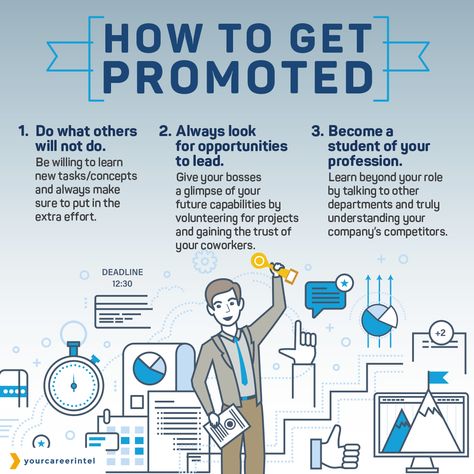 Watch “It’s OK to Be Smart” and other great science shows. Bill Nye largely created my own science framework.
Watch “It’s OK to Be Smart” and other great science shows. Bill Nye largely created my own science framework.
6. Teach them to fail. Many competitive students never learn that it’s OK to be less than perfect… until they get to medical school and realize that no one can know everything. I often tell the medical students I teach that I almost failed anatomy in medical school (but went on to honor my clinical rotations). This was after a lifetime of being the top in my class, and it was terrifying to me to realize that I could fail. It shook my entire sense of identity. Who was I if I wasn’t the best?
Eventually, learning how to fail gave me the courage to take risks. That new attitude allowed me to be part of the early Direct Primary Care movement, establish the only free clinic in my city, and create the first pre-med curriculum for young learners.
7. Love them unconditionally. A good doctor doesn’t excel in school because they are afraid of their parents being disappointed. A good doctor loves to learn and feels so strongly about their goals that it’s worth the hard work. Your child needs to know that you are still proud of whether or not they get into medical school.
A good doctor loves to learn and feels so strongly about their goals that it’s worth the hard work. Your child needs to know that you are still proud of whether or not they get into medical school.
Robin Dickinson is a family physician and creator, Dr. Robin’s School.
Image credit: Shutterstock.com
Tagged as: Medical school
Founded in 2004 by Kevin Pho, MD, KevinMD.com is the web’s leading platform where physicians, advanced practitioners, nurses, medical students, and patients share their insight and tell their stories.
CME Spotlights
From MedPage Today
How to Raise a Doctor
Dale Okorodudu, MD
Dale Okorodudu, MD
Developing tomorrow's leaders in healthcare.
 ...That's what I do! - Physician | Coach | Author | Speaker
...That's what I do! - Physician | Coach | Author | Speaker Published Jun 4, 2018
+ Follow
A few years ago, a young mother reached out to me. She had a simple question, “Dr. Dale, what can I do to help my son become a doctor?” My first thought was, this is a pretty easy question, I help students get into medical school all the time. Then it hit me, this mother didn’t just want an answer such as 1+1=2, she could have found that on google. She wanted to know how to develop her child into someone special who could become a leader in medicine. She wanted my opinion on what specific strategies to use. That’s why she came to me instead of Google. At that moment, I decided to take on her challenge and answer the question to the best of my ability. That answer turned into my book, “How to Raise a Doctor: Wisdom From Parents Who Did It!” I learned a great deal in writing this book, as I surveyed and interviewed over 75 parents of physicians. Here are five key points these parents taught me.
Here are five key points these parents taught me.
1. Suggest medicine as a career to your children. The first step in a child wanting to become a doctor is knowing that this career is an option for them. The power of suggestion is very real and as your children grow, a million things will be thrown in their faces by others. As the parent, be the one to make the best suggestions. It doesn’t mean that your kids will take to them, but at least they’re aware that mommy and daddy think highly of these things. What better person to influence their future career than you? If you feel medicine is a respectable field, you should suggest this to them, then expose them to it. One way you can expose your children to medicine is by asking your family doctor or pediatrician if your child can follow them for 30 minutes one day (or longer depending on their age). Just remember to suggest…not force.
2. Set high expectations for your children. Physicians tend to be overachievers, and that character trait is developed at a young age.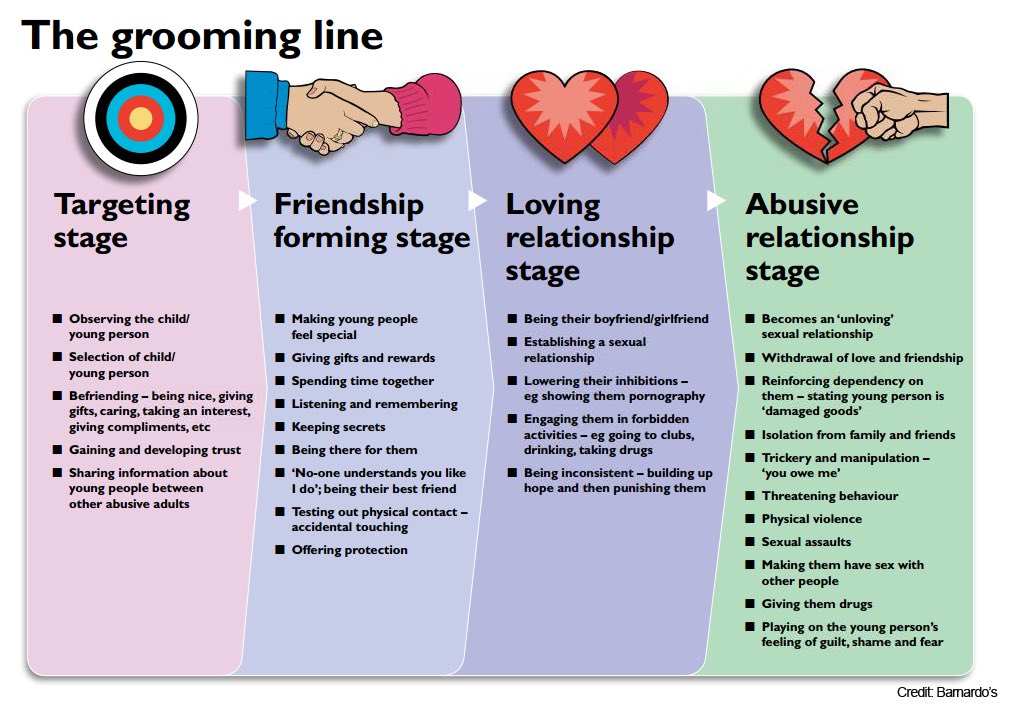 Children need to be pushed (within reason) in order to see what they are truly capable of. If we don’t set high goals for them, we’ll never know if they could have reached them. Children love challenges and thrive on accomplishment. This gives them a sense of confidence. By teaching them about expectations at a young age, they learn to set their own as they grow. This provides order in their life which is essential to success as a physician.
Children need to be pushed (within reason) in order to see what they are truly capable of. If we don’t set high goals for them, we’ll never know if they could have reached them. Children love challenges and thrive on accomplishment. This gives them a sense of confidence. By teaching them about expectations at a young age, they learn to set their own as they grow. This provides order in their life which is essential to success as a physician.
3. You’re in charge! You approve your children’s friends. Nowadays, it seems as though society would have you believe children are in charge. I’ll tell you one thing, these doctors’ parents were in charge of their own homes, not the kids. One of the most important predictors of your child’s success will be who their friends are. At a young age, you get to pick who these individuals are and as they get older, you retain veto power. It is essential that you exercise that power when necessary. Your job here is to surround your children with friends destined for excellence.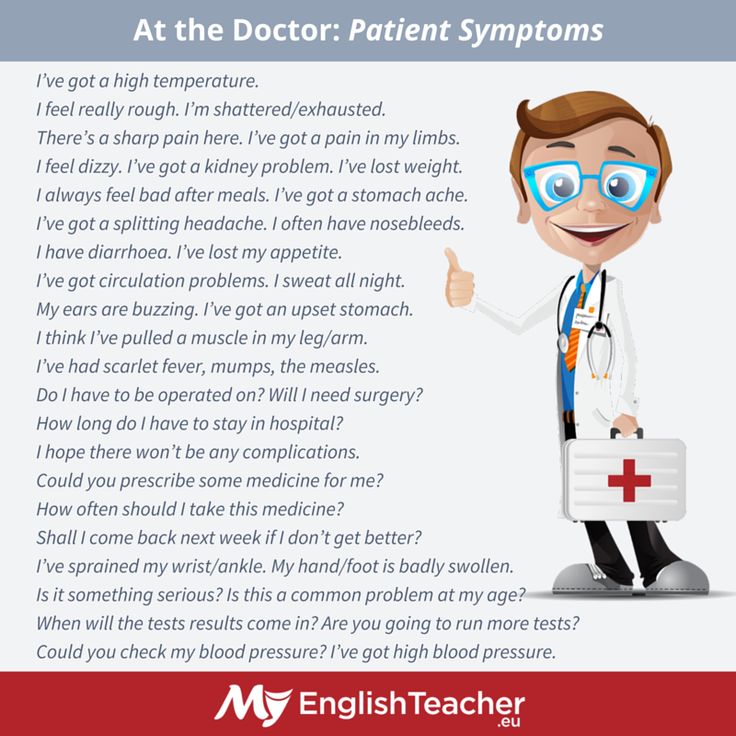 That doesn’t mean destined for riches or fame, it means destined to impact the world in a positive manner.
That doesn’t mean destined for riches or fame, it means destined to impact the world in a positive manner.
4. Learn the process to get into medical school for yourself. My parents are the perfect example of this concept. Neither one of them are medical doctors, however they both went out of their way to learn as much about the field as possible. I remember as a child, they’d buy magazines and books that had all the college academic stats, and they would study these as if they were going to be tested on it. In life in general, the people who excel in certain areas tend to have others in their lives who know those areas well and provide guidance. You don’t have to be a doctor to learn what it takes to become one. Most of the parents I interviewed took it upon themselves to learn enough so they could serve as a useful resource for their children. You need to become your child’s best academic advisor.
5. Practice value-based parenting. Without question, the most important thing parents of physicians emphasized was teaching them values at a very young age.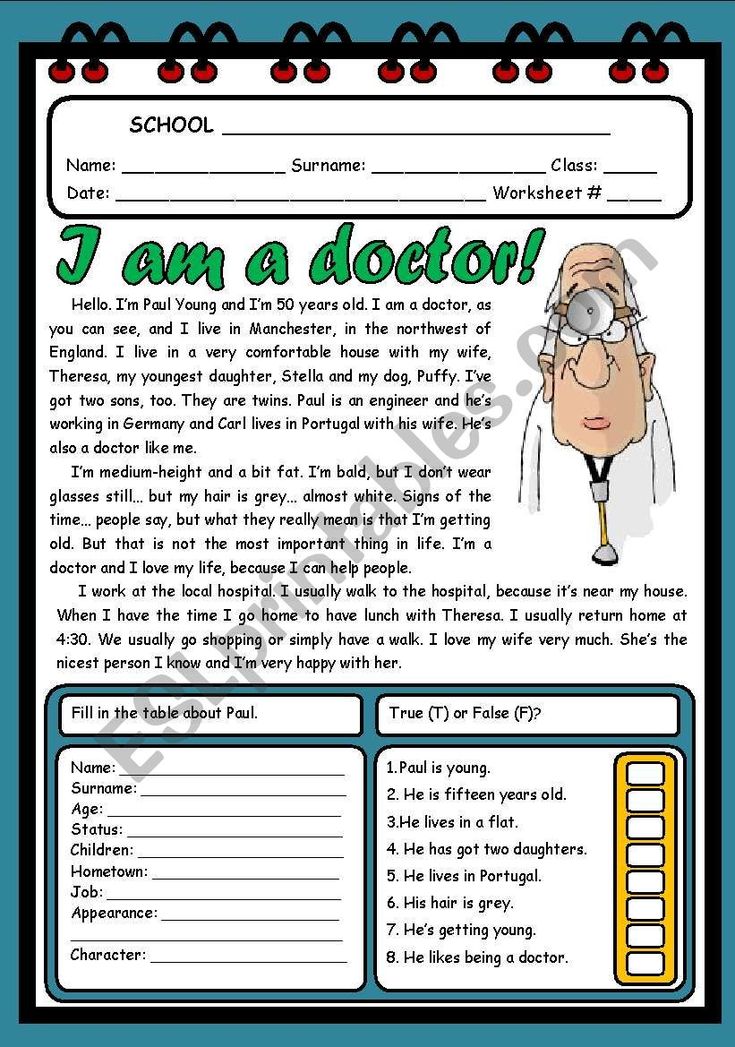 Responsibility, integrity, and grit are among the most essential. These three things are key to become a medical doctor and those who lack them will likely be weeded out somewhere along the line. By instilling these values in your child early on, you are setting a foundation for success in whatever field they ultimately choose.
Responsibility, integrity, and grit are among the most essential. These three things are key to become a medical doctor and those who lack them will likely be weeded out somewhere along the line. By instilling these values in your child early on, you are setting a foundation for success in whatever field they ultimately choose.
My children are still young so writing How to Raise a Doctor at this stage in their lives was a blessing to me. I had the opportunity to gain some of the best parenting advice from individuals who have done an excellent job. My wife and I have no specific intention to raise doctors, but we most certainly do plan on raising leaders. These 5 points will be among our most important guiding principles as we do that.
LINKS:
How to Raise a Doctor
PreMed Mondays
www.PreMedSTAR.com
www.BlackMenInWhiteCoats.org
www.DoctorDaleMD.com
From a doctor to a ballerina: how to help a child choose a profession
Choosing a future profession is perhaps the most important step your child has to take before he grows up. After all, the modern education system is designed in such a way that he must decide while still a teenager. At this age, it is difficult to correctly understand one's abilities and inclinations. Therefore, parents need to help the offspring. Rambler/Family found out how to do it.
After all, the modern education system is designed in such a way that he must decide while still a teenager. At this age, it is difficult to correctly understand one's abilities and inclinations. Therefore, parents need to help the offspring. Rambler/Family found out how to do it.
Look at the child
Playing his favorite games, attending school circles and doing homework, the child, of course, does not think that all these things are directly related to what could be a suitable occupation for him in life. However, attentive parents need to look closely at their baby, noting which areas attract him the most. A propensity for research, a creative type of thinking, or an analytical mindset - these characteristics most often manifest themselves long before your son or daughter is faced with the question of choosing a future profession.
Elena Chelokidi, professional coach, ACC ICF, President of the ICF Russia Chapter, emphasizes: “Each child is individual, and certain abilities can be identified by indirect signs at a fairly early age - for example, musical abilities.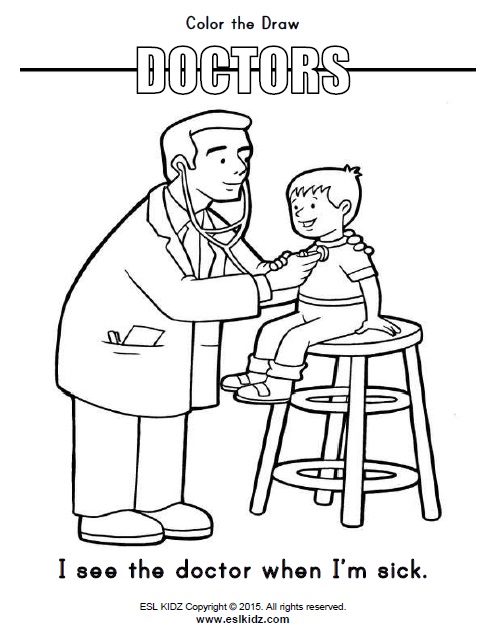 If you look closely at children already at the age of one year, you can understand in which area of activity the child gravitates to a greater extent. To do this, let him try himself in various activities: drawing, designing, modeling, etc.”
If you look closely at children already at the age of one year, you can understand in which area of activity the child gravitates to a greater extent. To do this, let him try himself in various activities: drawing, designing, modeling, etc.”
When you notice certain tendencies in your baby, try to make sure that you recognize them correctly. If you were right, you will quickly understand this: proud of his successes and achievements, which will not be slow to appear with true interest, the baby will daily demonstrate to you the products created by his hands or the acquired skills.
Sometimes it happens that parents have to show sensitivity and delicacy in directing the activity of the child in the right direction. It is extremely important that they can soberly assess the capabilities of the offspring: so if he has some hearing problems, you should not send him to a vocal studio, even if he shows a clear interest in singing. Yes, it may be quite unpleasant at some point, but it will help to avoid even greater disappointments in the future. And in order to distract the baby from his experiences, offer him another activity that will be a compromise option that takes into account the inclinations and abilities of the child: for example, a singing lover may like a theater group, where he will also be in the spotlight.
And in order to distract the baby from his experiences, offer him another activity that will be a compromise option that takes into account the inclinations and abilities of the child: for example, a singing lover may like a theater group, where he will also be in the spotlight.
Director of the Intellectual school: students need motivation
Geneticist answers: how to determine abilities by DNA
It’s time to decide - Specialists in the field of child psychology believe that the inclinations of children are finally formed around the age of 12-13 years.
Mikhail Mordasov, CEO of the Smart Course company, which deals with issues of conscious choice of profession, emphasizes: “It is possible to understand whether a child will be a brilliant football player at the age of 8, but for this a brilliant coach must work with him. Since there are more than 40,000 professions in the world, it remains for us to observe what the child likes, what inspires him and at the same time does well, and try to offer him sections and circles in this direction. Stability in the interests of the child is a rarity, and here the parent needs to be ready to provide support in time.”
Stability in the interests of the child is a rarity, and here the parent needs to be ready to provide support in time.”
Invite the child to think together about what they would like to be when they grow up. If he himself offers you one or more options, ask why he named them. If your son or daughter finds it difficult to choose a particular occupation, you yourself can offer one or another profession that seems suitable to you, explaining what exactly the people who have chosen it do. However, even in such a situation, in no case should you put pressure on the child, forcing him to agree with your choice.
Nadezhda Mikhailenko, professional coach, member of the Board of Directors of ICF Russia Chapter, curator of the “I choose myself” project, notes: “Parents, as a rule, look at the question of a child’s choice of a profession with a certain degree of bias. Wishing their son or daughter a better future, parents insist on choosing a profession that is more promising in terms of wages, without taking into account the desires and inclinations of the child.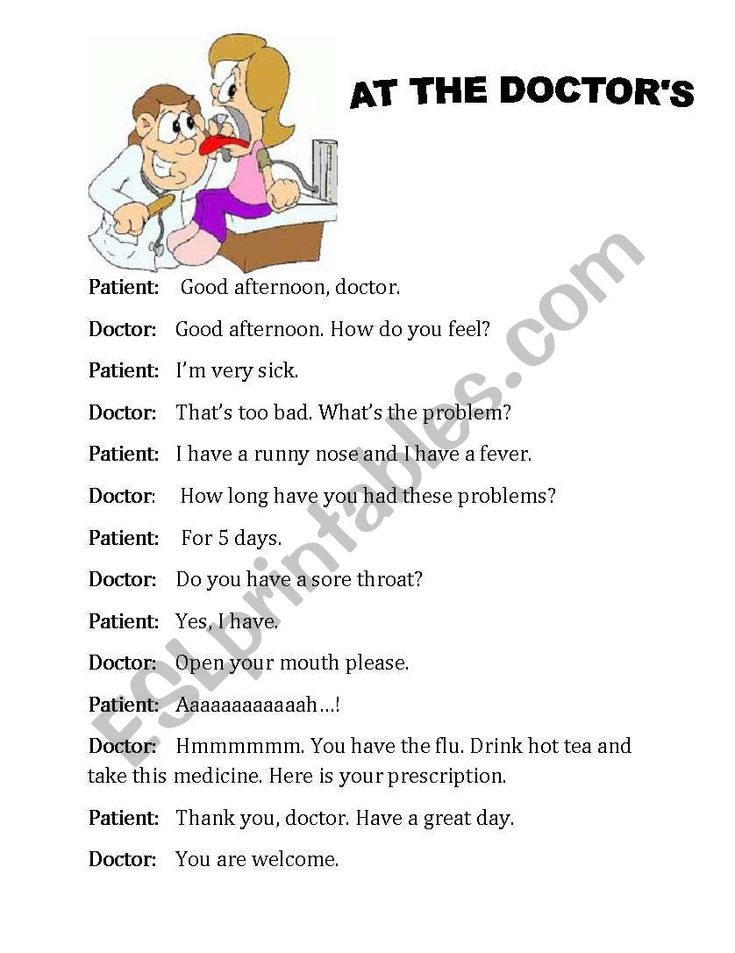
Try to avoid this mistake - do not rush the child, give the opportunity to think carefully about everything you and he said, in order to eventually come to some specific decision. And if he finds it difficult to accept it, give him the opportunity to pass a special test for professional orientation. This can be done at an employment center or at a school.
Has the child decided on a professional direction? It's time to get acquainted with the chosen case. In almost every profession, there is an opportunity to try your hand, without yet having special skills and knowledge: a future programmer can write a mobile application on his own, a journalist can offer his services to a local newspaper, and an architect can develop a project for a country gazebo.
Having completed his first real project, the child will be able to feel whether such work brings him joy and satisfaction. If yes, it means that the choice was made correctly and it is time to start preparing for admission to an educational institution.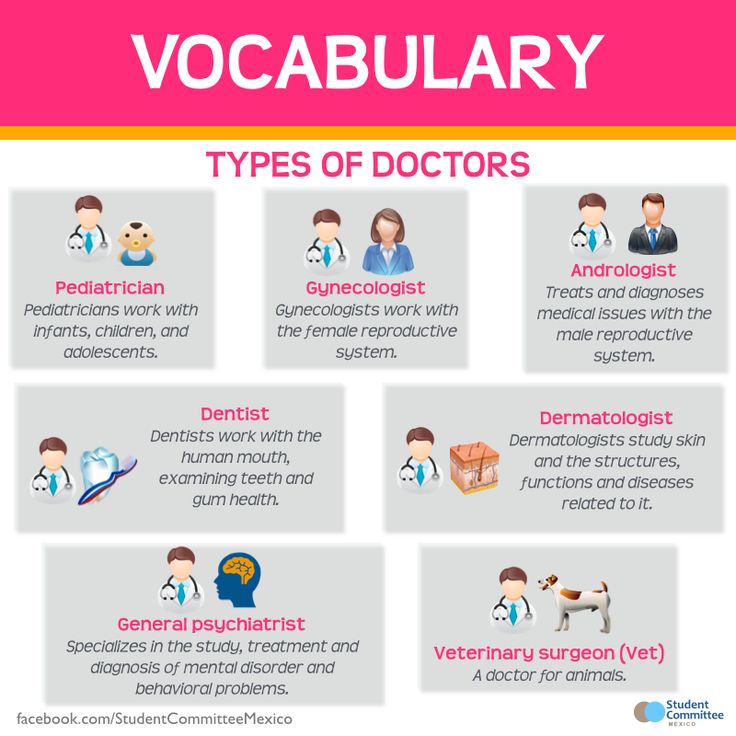 If not, there is still time to think and find something to your liking.
If not, there is still time to think and find something to your liking.
Just a pro: “A firefighter must be prudent and kind”
5 professions that do not need to study at a university
Mistakes that can cost a lot will remain with the child. And here, moms and dads are waiting for another difficult moment: they need to try to understand exactly what motives guide their children when they say that they have decided on the occupation of their whole life.
Of course, if we are talking about the fact that the future specialist gave preference to the profession in accordance with the inclinations that he showed from early childhood, there can be no doubt. But if your son or daughter doubted for a long time, and then suddenly decided, try to find out what is behind this. It is possible that the decision was made in company with friends or classmates, for reasons of prestige of the profession or in spite of relatives who wanted the child to become the successor of their family dynasty.
All these motives are not the best assistants in career guidance. They can easily lead to the fact that already from the first courses of study at the university, the student will understand that the subjects are not at all interesting to him, and the thought of future work causes boredom and rejection. Therefore, the choice of a future profession is, without a doubt, the common cause of your family.
According to psychologist Maria Peleshko, an expert of the portal “I am a parent”, the child should choose a profession together with the parent.
“If a parent adequately perceives the skills and predisposition of the child to certain types of activity, then he is the main person for dialogue, discussion of pros and cons, introduction to the profession, suggestions and orientation among educational institutions and career opportunities. You need to let the child decide, but for the best decision, the child must have the skills, information, faith in him and the support of his relatives in order to take a confident step into the profession,” the expert concludes.
How can a parent doctor and a small patient become a team?
What do you think is the most common answer by pediatricians to the question: “With whom is it easier for you to build communication with a child or a parent?!”
Now wait a second, don't read any further, answer this question for yourself :) Have you answered?
So most of the doctors say: what about the children!!! What's the problem with parents? Often they “interfere”, “annoy”, “angry”, “behave inappropriately”, “the child behaves worse with his parents”. And these answers are found regardless of the doctor's specialization: dentists, ENTs, pediatricians, anesthesiologists-resuscitators.
It should be noted that there are a lot of articles about building effective communications between a doctor and a patient, but they rarely write / talk about children's reception and about its features. Most often, children's doctors are absolutely masterly in contact with the child, but not with the parents.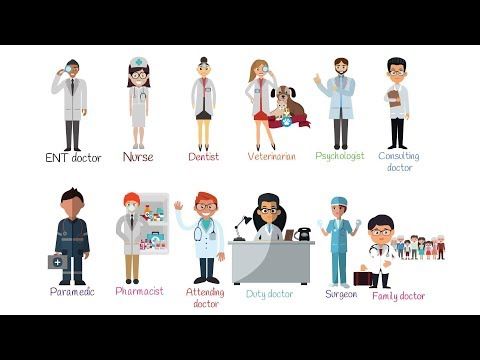 This article will rather be about communication with parents! In the following, we will talk about communication with children.
This article will rather be about communication with parents! In the following, we will talk about communication with children.
How to make a parent doctor and a small patient become a team?
- Remember that when a child comes to you, the unit of treatment will be not only him, but also his family, which means that it is important to keep both the child and his parent in the focus of attention. What does it mean? When you get to know each other, get to know both. Specify, if the administrator has not done this before you, how the child is used to being called. The appeal "mommy", "mom" is bewildering, both for parents and children. "Mommy" or "Daddy" has a name!
- Children under 5-7 feel safer with people they trust or their parents trust, which means again! make contact with both. I often hear from doctors that there is no opportunity to talk, because it is necessary to proceed to the examination / treatment of the child as soon as possible.
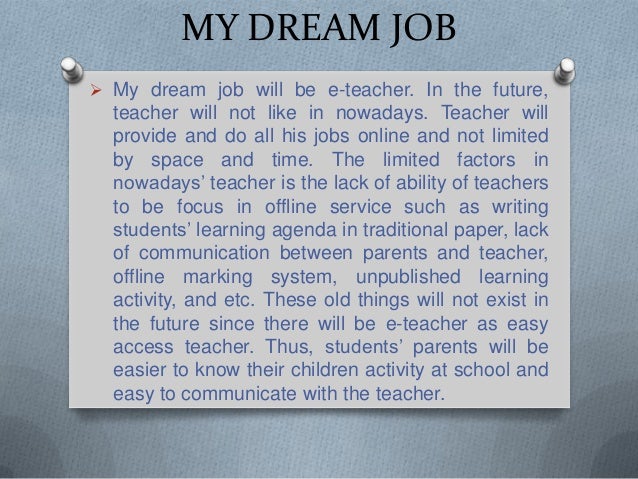 Even, in this situation, you can indicate: “now I will get to know Vasya, and a little later, Marina, I will listen to what situation you want to solve in our clinic / tell us what worries you, after that I will conduct an examination and discuss solutions / treatment options”. The clearer the information about how the appointment will be, the lower the level of anxiety of the parent, and the calmer the child.
Even, in this situation, you can indicate: “now I will get to know Vasya, and a little later, Marina, I will listen to what situation you want to solve in our clinic / tell us what worries you, after that I will conduct an examination and discuss solutions / treatment options”. The clearer the information about how the appointment will be, the lower the level of anxiety of the parent, and the calmer the child. - Remember that if you clarify the request after or during the examination, you lose more than 46% of the information. Clarification of the request is not only questions related to the health of the child, but also the features of interaction, contact, past experience of examination / treatment. Do not forget about the health questionnaire: “Now I will look at the health questionnaire and ask a few clarifying questions about Vasya’s health.” When to talk about it?! Well, for example, while the assistant, with whom you have definitely introduced the child and the parent, selects and turns on the cartoons.

- Listen to how parents talk to their children, and if parents talk to a child like an adult, remove “teeth”, “gums”, “aunt”, “bo-bo” and so on from the vocabulary - parents will get annoyed, which will affect the contact, which means trust in you.
- Turning to the examination, remember that it would be good to tell about what is happening not only to the child, but also to the parent. For example: "Now I will examine Vasya's oral cavity, after which I will comment on everything."
- Refuse to educate your little patients and definitely educate their parents! Wording: “Be patient! You're a boy" can lead to the fact that parents will no longer bring their child to you. When a doctor criticizes a parent for their actions, it is difficult for a child to feel safe with that doctor.
- Involve parents in counseling, if a paternalistic approach may be appropriate for the child, then when interacting with parents, it is better to use a collegial model. Do not read lectures about pulpitis, but clarify: “Marina, do you know what pulpitis is? Tell me more?" Even if you told the child: “Let's go take a selfie of the tooth” and the child went, remember that it is also important for parents to explain something.
